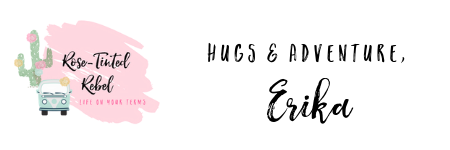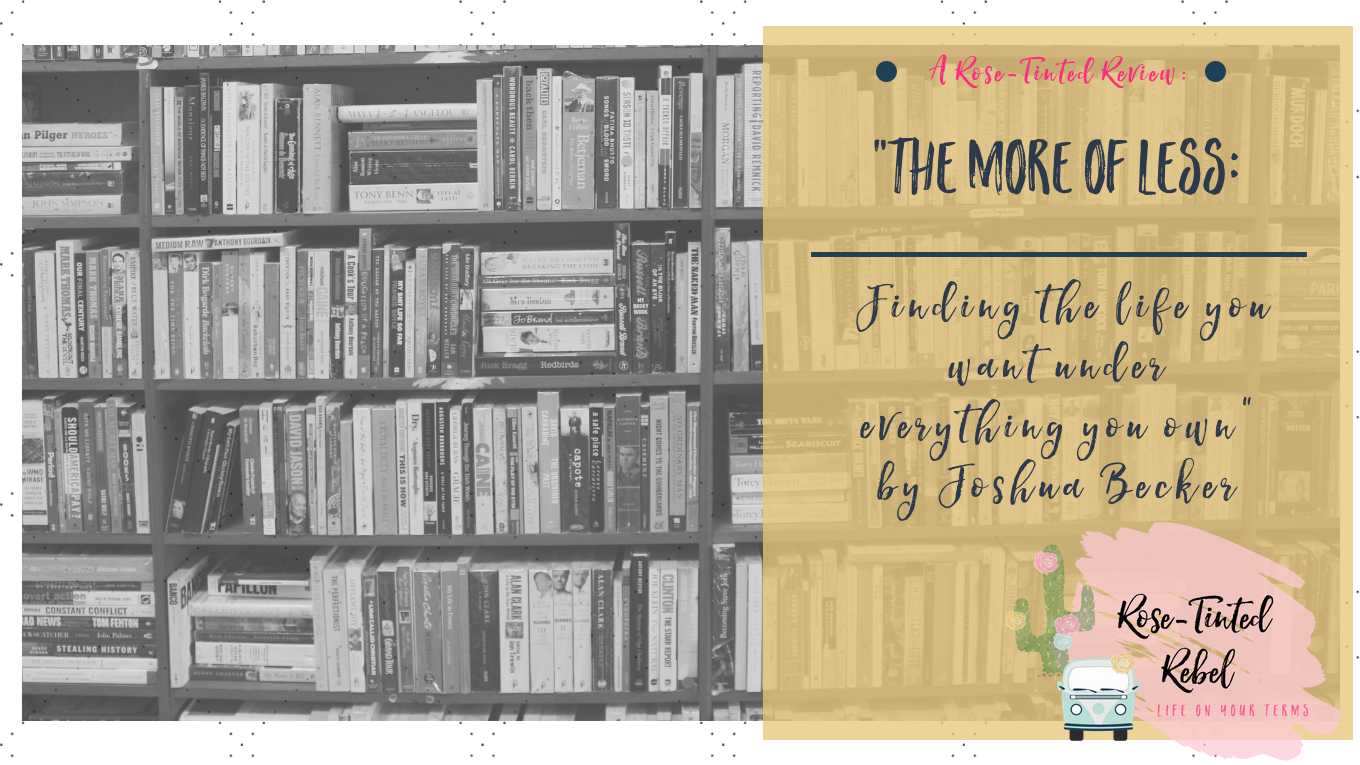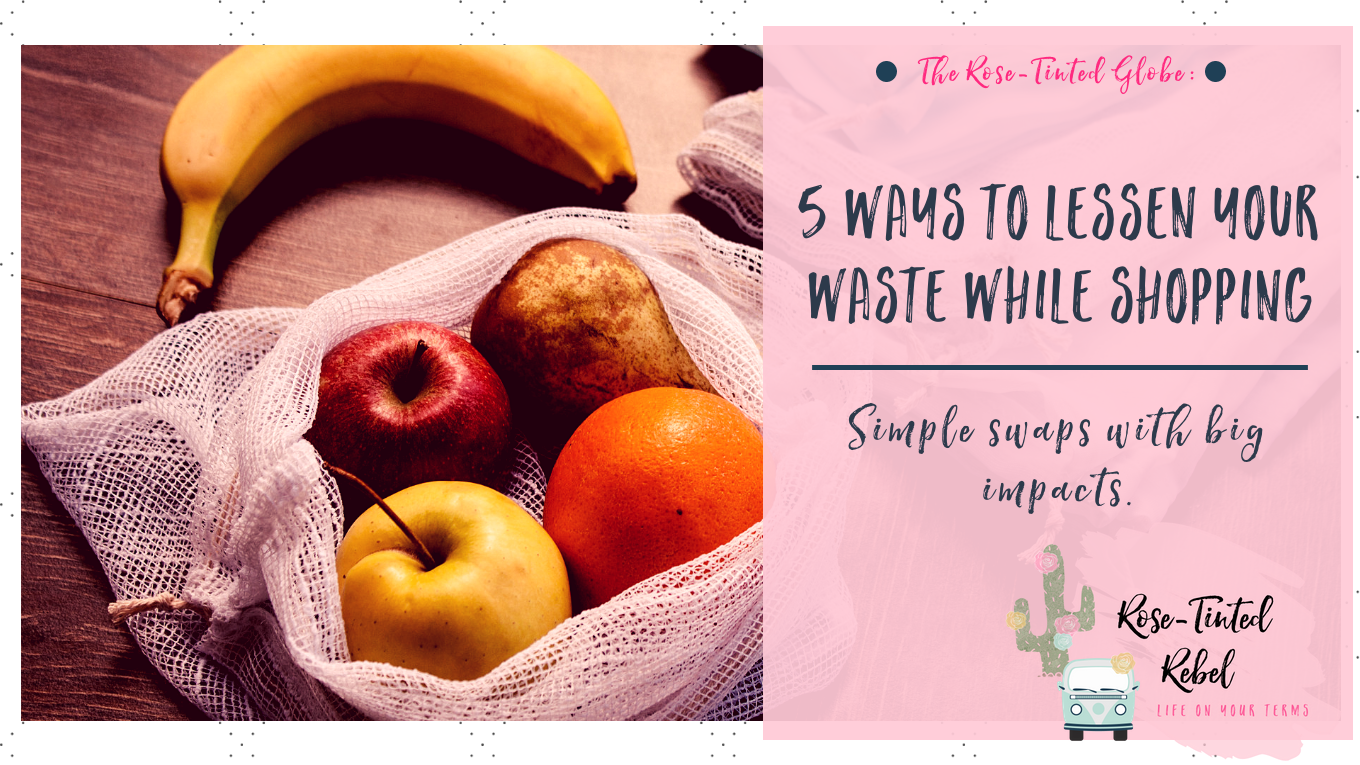Over the last few weeks, I’ve been finding my way to minimalism. I believe that minimalism is not a natural concept for most of us. We are soaked in consumerism and constant marketing, advertising, and messages that tell us we are not enough, we don’t have enough, we don’t measure up to those around us.
Because of the constant reinforcement of our consumer-obsessed world, it takes repetition and practice (like it does for any new hobby, skill, or mindset), to truly become a minimalist. I’m currently choosing to reinforce my mindset of minimalism with a series of books published on the subject by minimalists who have gone before me.
I recently finished one such book, The More of Less by Joshua Becker. Becker is the founder of becomingminimalist, a blog and Facebook page that I’ve actually followed for several years. I didn’t even realize he had written a book until I was a few pages in! However, since I had already been reading and enjoying some of his ideas, I knew that I would probably gain a lot of information from reading his extended work.
Some of my favorite takeaways from his book are themes that I’m beginning to recognize in a lot of books, articles, and talks on minimalism. I’ll probably end up writing extensively about each, but I’ll summarize some of the more prominent ideas here.
My favorite takeaways from The More of Less:
1. “You may be buying things in an attempt to fulfill a basic human need such as security, acceptance, or contentment.”
People buy things for all kinds of reasons, and it has been the hardest “work” of my minimalism journey so far to discover what my reasons are. I’m still working on articulating this, but I’m looking forward to having a really solid rationale for pulling out my plastics (or worse, my Paypal) so often for things I so don’t need.
Becker also posits that once you get to the why of your unnecessary purchases, possession will begin to lose their power over you. I still feel trapped under my many possessions, even after completing a month without spending and beginning to minimize different areas of my home. I keep picturing the freedom that I believe will come from having less to maintain, so I can’t wait to see if his theory rings true.
2. When you start the actual process of minimizing, you have to physically touch every item in your home to decide whether or not to keep it.
If that sounds overwhelming, then it’s probably a clear sign that it’s definitely time to minimize! “If you thought it was important enough to bring it into your home, you can find the strength to decide if it’s important enough to keep.” Odds are, if you don’t want to handle something long enough to decide to keep it or get rid of it, you shouldn’t have kept it this long anyway. That should make your decision somewhat easier.
3. You have to define clutter for yourself at the beginning of your own minimalism journey. There are a variety of ways to define clutter as evidenced by the minimalists below.
Joshua Field Millburn says clutter is anything that doesn’t “add value” to your life. Marie Kondo thinks things that don’t “spark joy” shouldn’t be kept in your home. Peter Walsh defines clutter as anything that “interferes with the life you could be living”. And according to William Morris: “Have nothing in your house that you do not know to be useful, or believe to be beautiful”. Ultimately, you have to choose the definition that works best for you, or even better, create your own!
4. Minimalism is really about being intentional: with your possessions, the home you cultivate, and the person you are becoming. “The most important type of intentionality lies in pursuing your greatest passions and most cherished dreams, now that minimalism has freed you up to do so.”
Becker urges everyone to just go for it: travel, try a new hobby, volunteer, do the things you are afraid of, go after your dreams.
Related to this, and possibly my favorite quote from the entire book: “Sometimes, parting with our possessions means giving up the image that we have created in our mind of the person we would like to become. Sometimes, minimizing possessions means a dream must die.
So, I’m curious, what possessions can you get rid of that represent the death of a dream?
5. BONUS FACT (because I thought this was one of the craziest things I’ve ever read and I can’t stop thinking about it.): The average American throws away SIXTY-EIGHT POUNDS of clothing per year.
Like….WHAT?





